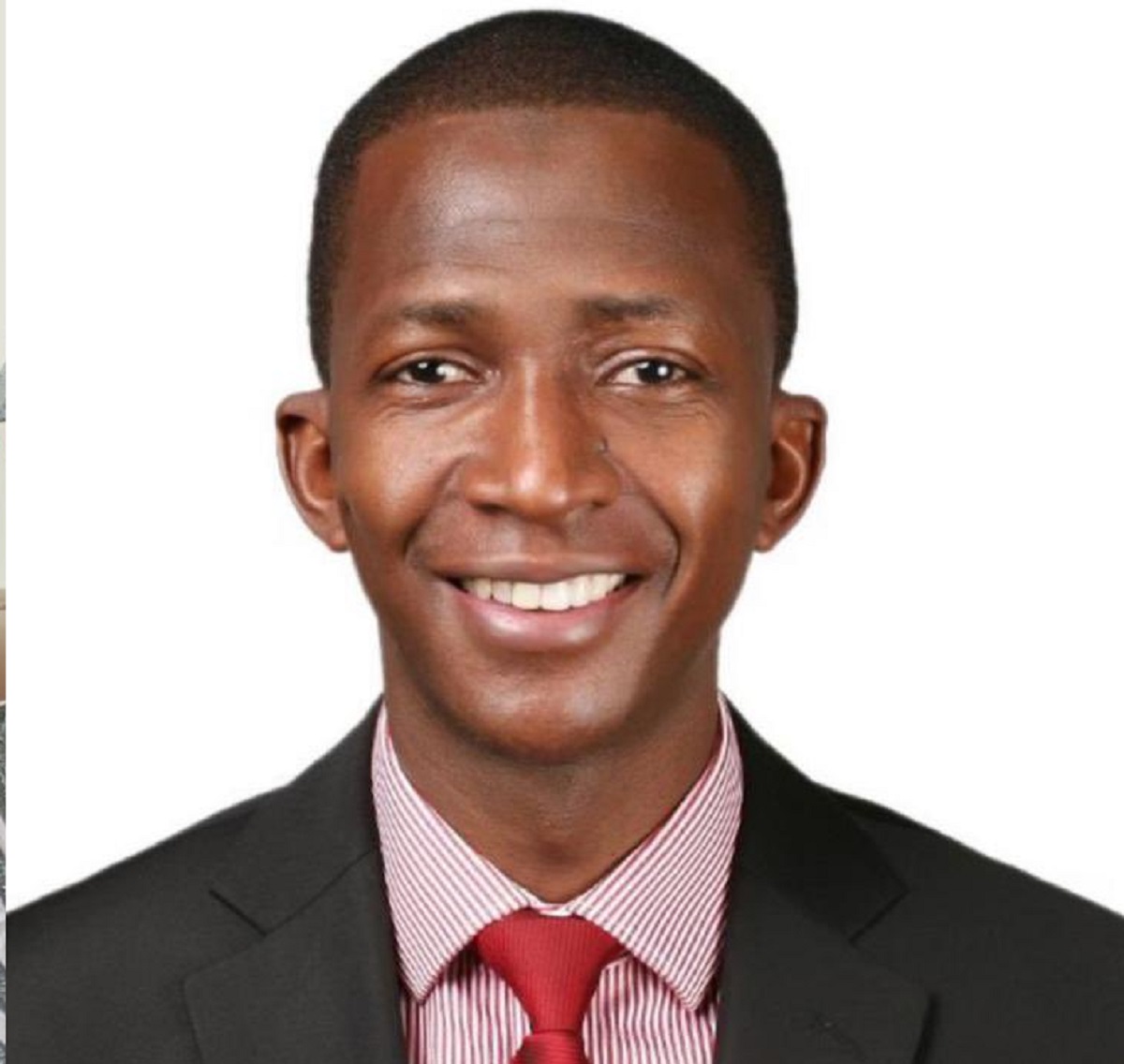President Bola Tinubu has stirred controversy with his decision to suspend Abdulrasheed Bawa as the chairman of the Economic and Financial Crimes Commission (EFCC) on Wednesday.
Tinubu, who took over as Nigeria’s leader on May 29 with a promise to fight corruption, said he sacked Bawa to allow a thorough investigation into his alleged abuse of office.
Bawa, who was appointed as the EFCC boss in 2021, was detained by the State Security Service (SSS) and interrogated without access to a lawyer.
Tinubu’s spokesman Dele Alake said the president acted based on multiple petitions accusing Bawa of misconduct and corruption.
While some of Tinubu’s supporters have applauded his action as a sign of his commitment to hold public officials accountable, others have questioned his motive and timing.
They suspect that Tinubu was settling scores with Bawa, who had investigated him for fraud and money laundering when he was the head of the EFCC’s Lagos office in 2020.
They also allege that Tinubu was shielding his political allies from Bawa’s probe, especially those in the ruling All Progressives Congress (APC). Some of the prominent figures facing EFCC investigation include Senate President Godswill Akpabio, former governors Bello Matawalle and Kayode Fayemi, and Governor Yahaya Bello.
Mr Matawalle, who completed his one term as Zamfara governor on May 29, has been publicly furious against Mr Bawa for initiating an expansive probe of his administration in one of the nation’s poorest states. Mr Matawalle accused Mr Bawa of seeking a $2 million bribe to ease the probe, which he purportedly rejected. The anti-graft chief denied the claim, and Mr Matawalle fled to Egypt, apparently to evade arrest.
Mr Akpabio, who became the Senate President on June 13, was for months hiding from the EFCC under the guise of a protracted illness.
Mr Fayemi, until October 2022 the governor of Ekiti, was also being probed for stealing billions from his state. He denied the allegations and stonewalled progress in his case.
Others expected to have a respite from Mr Bawa’s ouster include Governor Yahaya Bello, whom anti-graft operatives already traced millions of dollars in Kogi funds into his wife’s foreign bank accounts, as well as those of his associates. Mr Bello denied all allegations and accused Mr Bawa of victimising his administration and family in service to his political detractors.
Anti-corruption activists have expressed concern that Tinubu’s action would undermine the independence and credibility of the EFCC, which has been accused of being used as a tool for political witch-hunt by previous administrations. They have also urged Tinubu to address his own corruption allegations, which have been pending for years.
Tinubu has denied any ulterior motive behind Bawa’s suspension, saying he wanted to start his administration on a clean slate. He also said he would appoint a new EFCC chairman soon after consulting with relevant stakeholders.
This is not the first time that Tinubu has sacked a top government official since he assumed office. Last week, he suspended Godwin Emefiele as the governor of the Central Bank of Nigeria (CBN) over alleged financial mismanagement and ordered a probe into the apex bank’s activities under his watch.
Tinubu’s supporters have hailed his moves as bold and decisive, while his critics have described them as arbitrary and vindictive. The debate over Tinubu’s anti-corruption crusade or vendetta is likely to continue as he faces more challenges and opposition in his quest to transform Nigeria.
